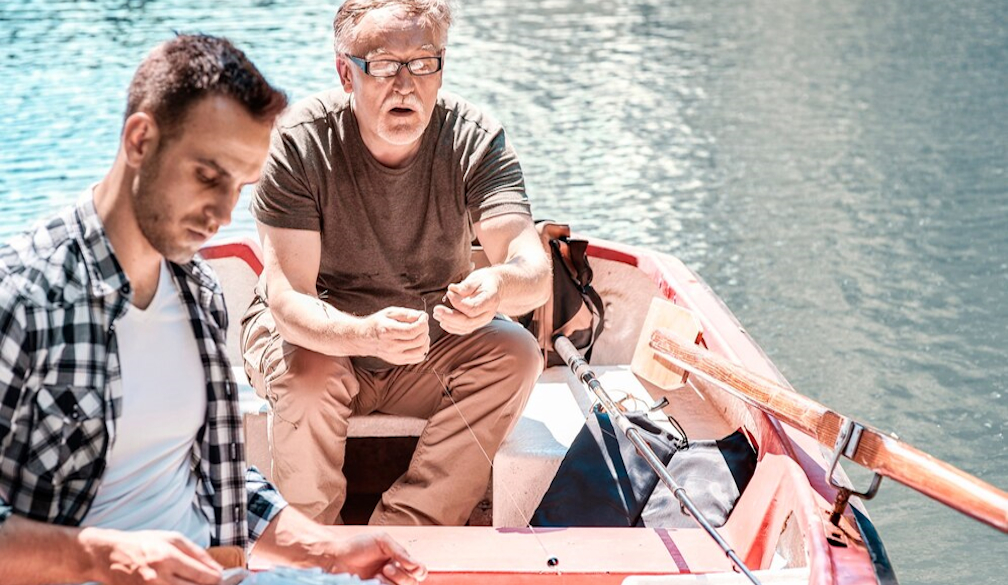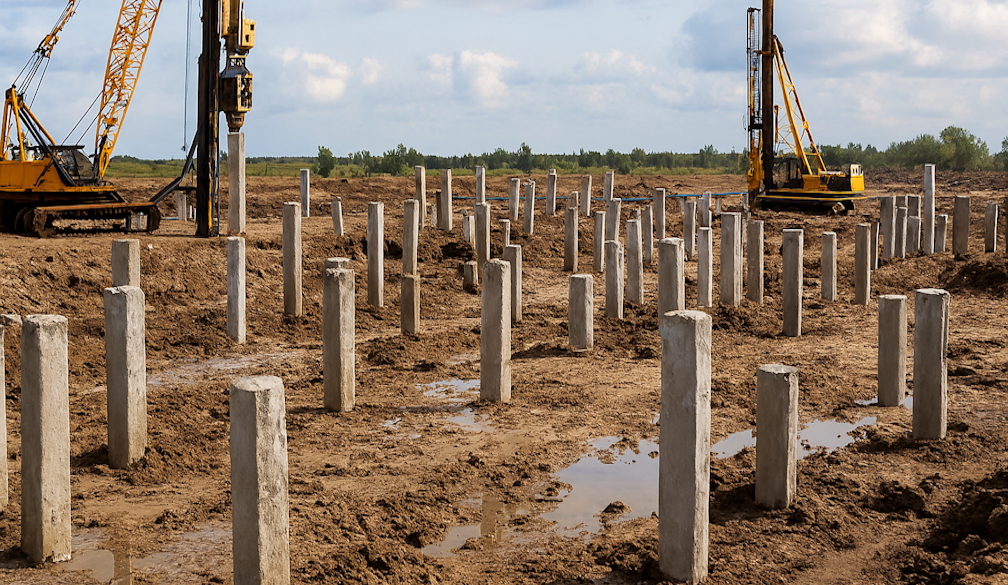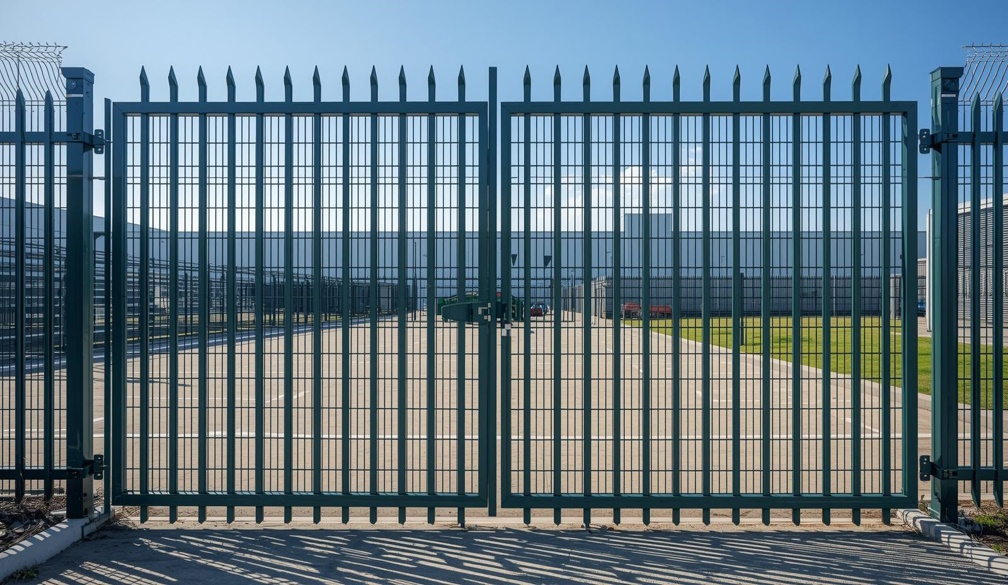The Ultimate Guide to Buying a Boat: What to Look For

Buying a boat is a significant investment and a thrilling step for anyone looking to explore the waters. Whether you’re a seasoned sailor or a first-time buyer, navigating the process of purchasing a boat requires careful consideration of various factors to ensure you find the perfect vessel for your needs. Here’s a comprehensive guide to help you make an informed decision when shopping for boats for sale in Melbourne.
1. Define Your Boating Goals
Before browsing boats for sale in Melbourne, clarify how you intend to use the boat. Consider the following questions:
Usage: Will you primarily use the boat for fishing, watersports, leisure cruising, or day trips?
Capacity: How many people will typically be on board? Consider whether you need additional seating for guests or family members.
Navigation: Will you navigate coastal waters, inland lakes, or both? The type of water you plan to explore influences the boat’s size, hull design, and engine power.
2. Choose the Right Type of Boat
Boats come in various types, each suited for different activities and environments. Explore the following options to match your preferences:
Motorboats: Ideal for speed, power, and versatility, motorboats range from small runabouts to luxurious cruisers.
Sailboats: Perfect for sailing enthusiasts seeking a serene experience powered by wind. Consider the size and rigging system based on your sailing skills.
Fishing Boats: Designed with fishing amenities like rod holders, live wells, and fish finders for anglers targeting specific species.
Pontoon Boats: Provide stability, comfort, and ample space for socialising and leisurely cruising on lakes and rivers.
3. Consider Size and Capacity
Boat size impacts not only your comfort but also your safety and maneuverability on the water:
Length: Longer boats generally offer more deck space, storage, and stability. However, they may require larger docking facilities and deeper water.
Beam: The width of the boat affects stability and interior space. A wider beam provides more stability but may impact maneuverability in narrow waterways.
Capacity: Ensure the boat can safely accommodate passengers and gear without exceeding weight limits. Check seating arrangements and storage options to optimise space.
4. Evaluate Construction and Durability
Boat construction materials and build quality influence performance, maintenance requirements, and longevity:
Fiberglass: Common for its durability, strength, and resistance to saltwater corrosion. Fiberglass boats are low-maintenance and retain their appearance well.
Aluminum: Lightweight and durable, aluminum boats are ideal for freshwater fishing and recreational boating. They withstand impact and are easy to transport.
Wood: Traditional and aesthetically pleasing but requires more maintenance to prevent rot and water damage. Wood boats are less common in modern markets.
5. Inspect the Engine and Mechanical Systems
The boat’s engine and mechanical systems are critical for performance and reliability on the water:
Engine Type: Decide between outboard, inboard, or stern-drive engines based on power requirements, maintenance preferences, and fuel efficiency.
Engine Condition: Check the engine’s age, hours of use, maintenance records, and any recent repairs or upgrades. A marine survey can provide a comprehensive inspection.
Electronics and Navigation: Ensure the boat is equipped with essential navigation instruments, communication devices, and safety equipment for your intended use.
6. Consider Additional Features and Amenities
Enhance your boating experience with additional features and amenities that suit your lifestyle:
Comfort: Look for amenities such as comfortable seating, sun shades, and onboard facilities like kitchens or bathrooms.
Storage: Ample storage for gear, supplies, and personal belongings ensures a clutter-free and organised boat.
Entertainment: Consider features like audio systems, fishing platforms, and swim platforms tailored to your recreational preferences.
7. Budget Wisely and Plan for Ownership Costs
Factor in not only the purchase price but also ongoing ownership costs such as maintenance, insurance, mooring fees, and fuel:
Purchase Price: Research boats for sale in Melbourne within your budget range, considering both new and pre-owned options.
Operating Costs: Estimate annual maintenance costs, fuel consumption, insurance premiums, and storage fees based on the boat’s size and type.
Resale Value: Consider the boat’s depreciation rate and resale potential when choosing a model and negotiating the purchase price.
Conclusion
Buying a boat requires careful planning and consideration of your boating goals, preferences, and budget. By evaluating factors such as boat type, size, construction materials, engine condition, and additional features, you can find a boat that aligns with your needs and enhances your boating experience in Melbourne. Whether you envision leisurely cruises, fishing adventures, or watersport thrills, investing in the right boat ensures countless memorable moments on the water. Take your time to research options, inspect prospective boats thoroughly, and consult with experts to make a confident and informed purchase decision.




